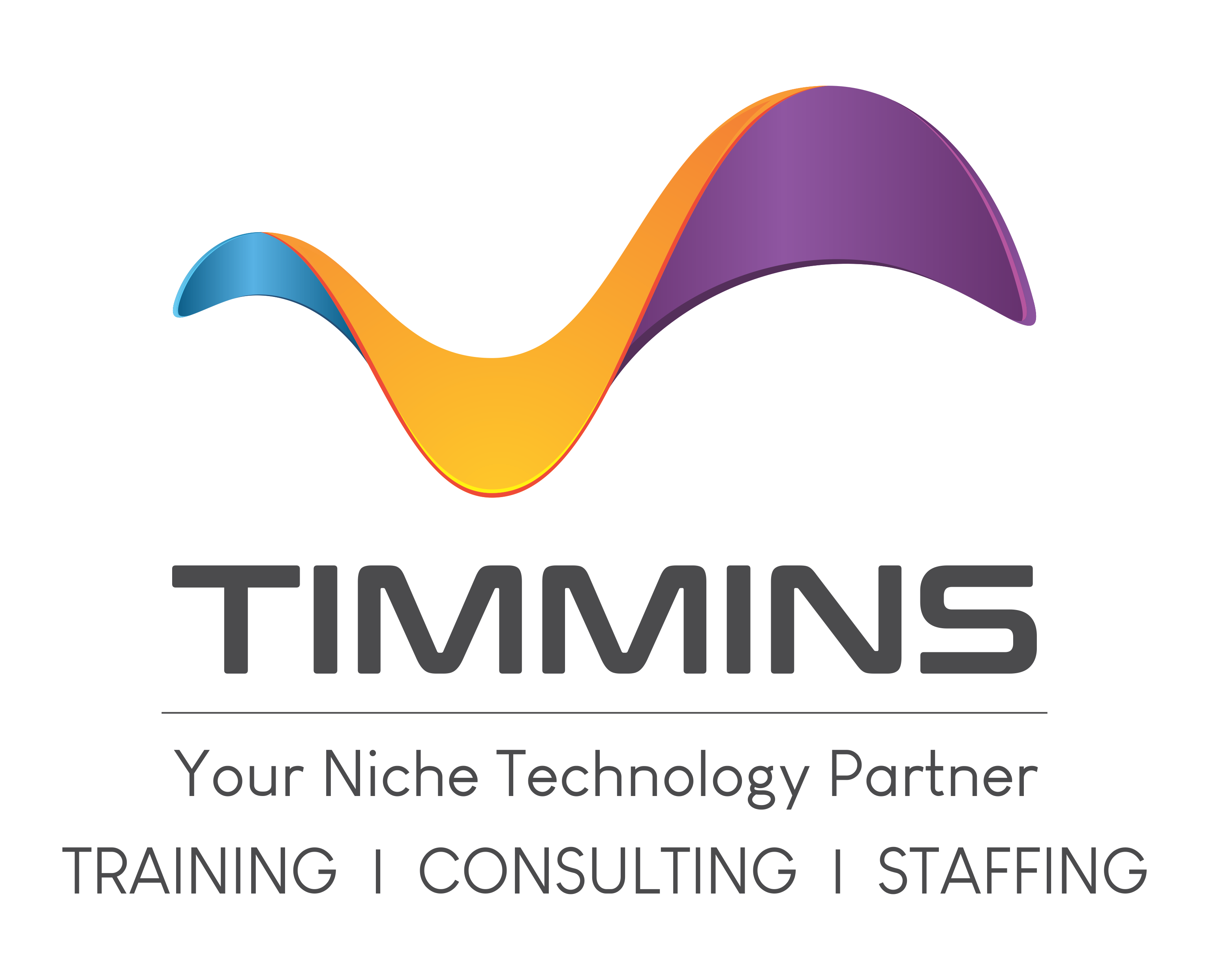
Course Content
Section outline
-
Module 1: Introduction to Containerization (1 hour)
- Evolution and benefits of containers vs. virtual machines.
- Introduction to Docker and Kubernetes concepts.
Module 2: Docker Fundamentals (2 hours)
- Docker architecture and setup.
- Managing containers and images using the Docker CLI.
- Building custom images with Dockerfiles.
Lab Exercise: Running first containers and building custom images.
Module 3: Working with Docker Containers (2 hours)
- Managing containers (start, stop, restart).
- Networking and persistent storage with Docker Compose.
Lab Exercise: Multi-container application deployment using Docker Compose.
Module 4: Docker Registry and Image Management (2 hours)
- Using Docker Hub and private registries.
- Image versioning and build automation with GitHub.
Lab Exercise: Image management and automating builds.
-
Module 5: Introduction to Kubernetes (1 hour)
- Kubernetes architecture overview (Master, Nodes, Pods).
- Kubernetes components: Deployments, Services, Namespaces.
Module 6: Kubernetes Setup and Configuration (2 hours)
- Installing Minikube and using
kubectl. - Deploying and scaling applications.
Lab Exercise: Deploy a web app and scale with Kubernetes.
Module 7: Kubernetes Networking and Storage (2 hours)
- Service types: ClusterIP, NodePort, LoadBalancer.
- Persistent Volumes and Persistent Volume Claims.
Lab Exercise: Implement persistent storage and networking for containers.
Module 8: Orchestrating Containers and Automation (2 hours)
- ConfigMaps, Secrets, and rolling updates.
- Helm charts for package management.
Lab Exercise: Automating deployments with Helm and rolling updates.
